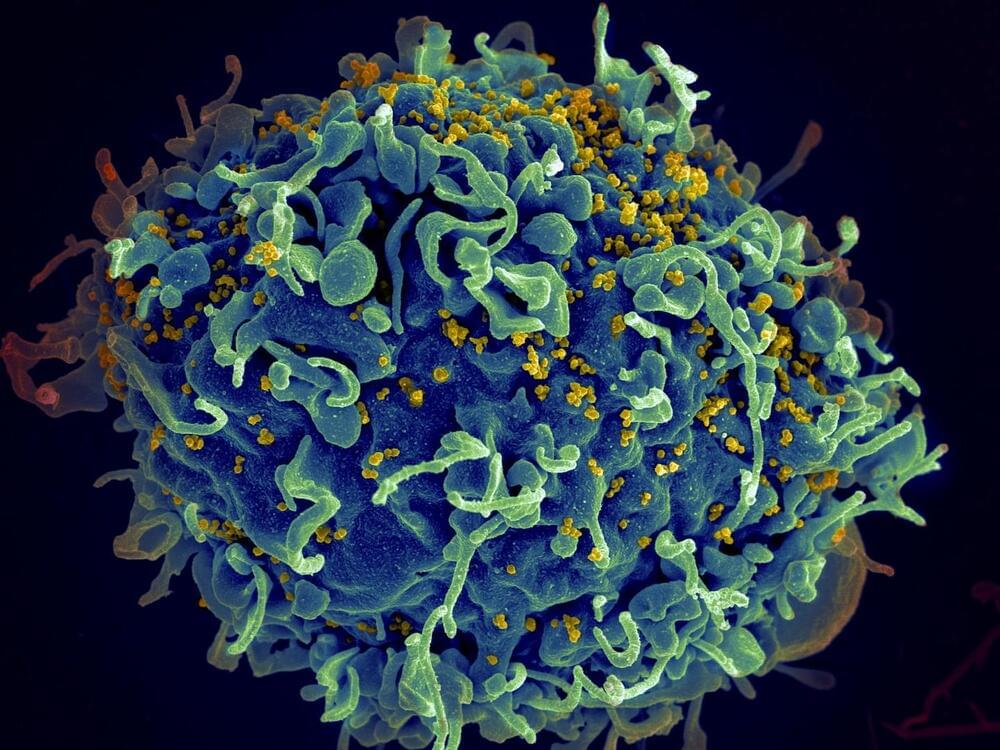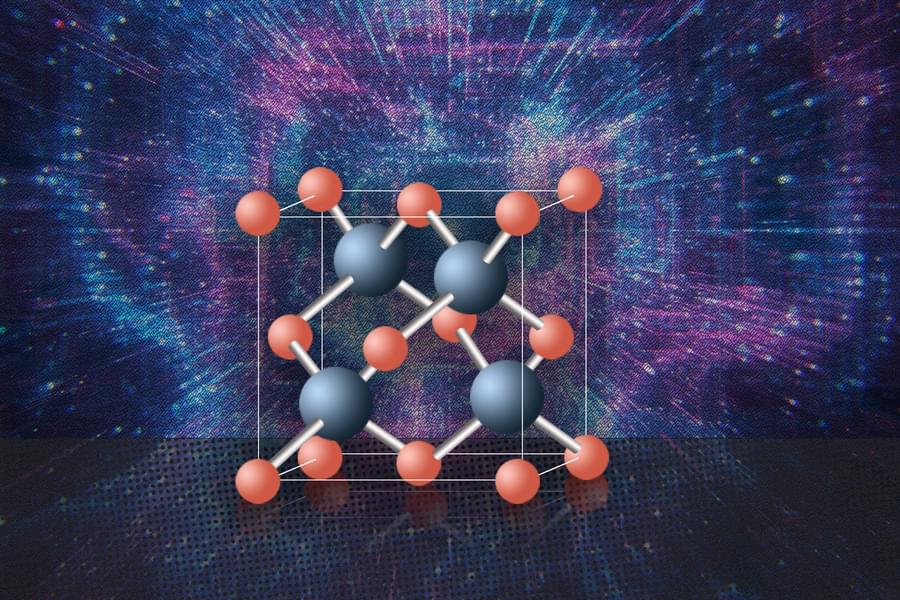City College of New York physicist Pouyan Ghaemi and his research team are claiming significant progress in using quantum computers to study and predict how the state of a large number of interacting quantum particles evolves over time. This was done by developing a quantum algorithm that they run on an IBM quantum computer. “To the best of our knowledge, such particular quantum algorithm which can simulate how interacting quantum particles evolve over time has not been implemented before,” said Ghaemi, associate professor in CCNY’s Division of Science.
Entitled “Probing geometric excitations of fractional quantum Hall states on quantum computers,” the study appears in the journal of Physical Review Letters.
“Quantum mechanics is known to be the underlying mechanism governing the properties of elementary particles such as electrons,” said Ghaemi. “But unfortunately there is no easy way to use equations of quantum mechanics when we want to study the properties of large number of electrons that are also exerting force on each other due to their electric charge.”







